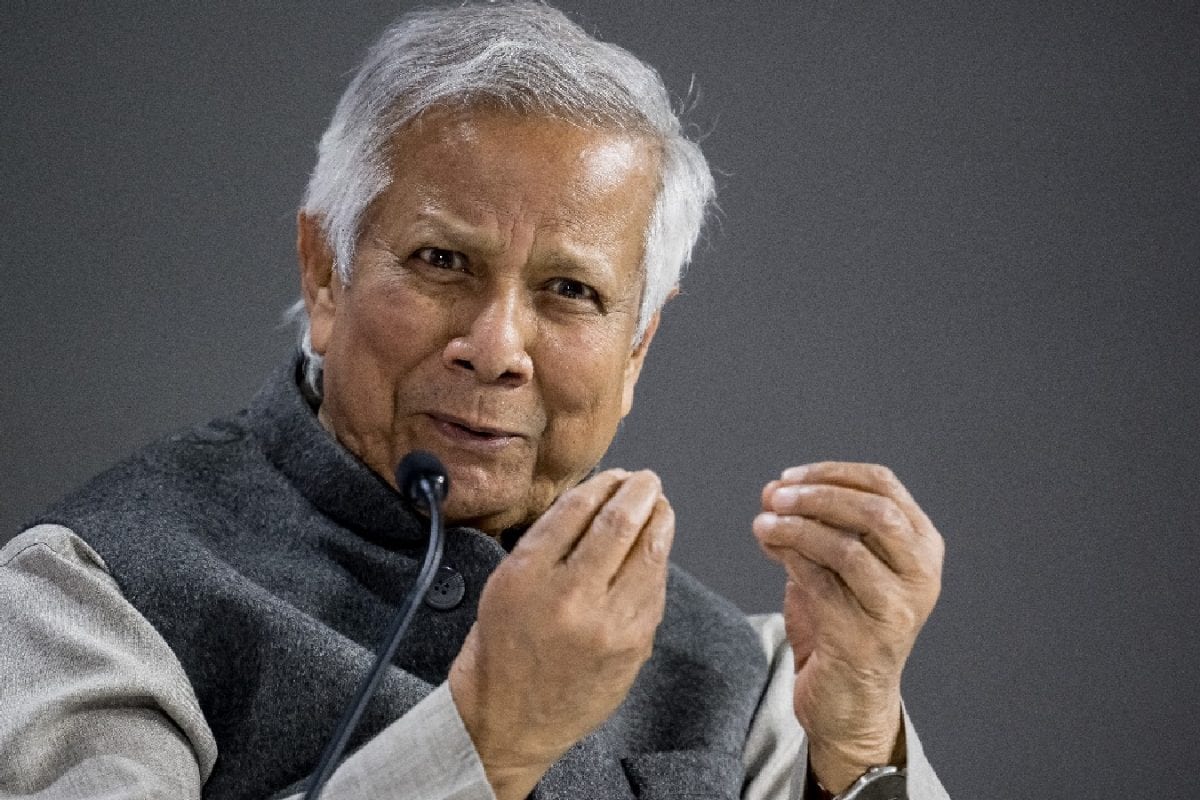

Bangladesh's interim government is publicly urging India to extradite deposed Prime Minister Sheikh Hasina, who is facing charges of crimes against humanity. The request is framed as a matter of conscience and moral clarity for India.
The formal extradition request was delivered to India in December of last year via a note verbale. While New Delhi has acknowledged receipt of the request, they have not offered any further comment on the matter. This silence has drawn criticism from Bangladesh.
Shafiqul Alam, the press secretary for Chief Adviser Muhammad Yunus, conveyed the government's position in a statement on social media. He stated that India's continued refusal to comply with Bangladesh's lawful request is no longer tenable. Alam argued that neither regional friendship, strategic considerations, nor political legacy could justify what he described as the deliberate murder of civilians.
The timing of Bangladesh's renewed plea coincides with increased scrutiny of Hasina's actions during a mass uprising last year. A recent report by BBC Bangla Service included a leaked phone call allegedly indicating Hasina ordered security forces to shoot protesting students. Alam referenced the BBC Eye Investigations unit's findings, asserting they confirm Hasina's direct role in state-sanctioned murder and that the international community should take note.
Adding to the pressure, Bangladesh's International Crimes Tribunal-1 is scheduled to decide on July 10 whether to formally charge Hasina and two of her top aides. Prior to this, Hasina was sentenced in absentia to six months in prison for contempt of court by the ICT. This marks the first time the 77-year-old Awami League leader has been sentenced in any case since leaving office in August of last year.
Sheikh Hasina fled to Delhi in August after a student-led uprising ended her 15-year rule. She faces charges of crimes against humanity, as well as charges stemming from the deaths of hundreds of protesters during the uprising last summer.
The interim government in Bangladesh, led by Nobel laureate Muhammad Yunus, has been critical of Hasina, particularly her criticisms of his administration from New Delhi. They are seeking her return to face trial for crimes against protesters and other offenses allegedly committed during her 15-year tenure. The Dhaka-based International Crimes Tribunal has issued arrest warrants for Hasina and her close aides and the government has sought help from Interpol for her arrest. Separately, Bangladesh has launched a probe into the alleged embezzlement of $5 billion connected to a Russian-backed nuclear power plant by Hasina and her family.
India's response to the extradition request remains to be seen. They have only confirmed that Bangladesh has officially requested that she be extradited. Some experts believe that it is a tough situation for India. Sheikh Hasina has been a long ally of India's Prime Minister Narendra Modi and relations between India and the interim government of Bangladesh have become strained since Hasina was deposed.